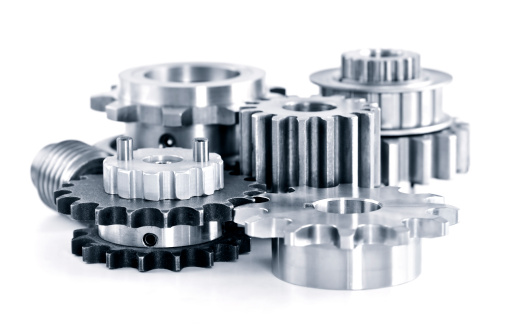Big data and related topics like the IOT (Internet of Things) are always big topics of interest in large forums. So it was the case in CeBIT 2016, Hannover which I was fortunate enough to attend. There were several talks on Big Data – Digital Disruption was the theme, and there was general consensus that Big data was here to stay and grow phenomenally. People were moving from basic reporting and visualization of data (Data discovery and understanding) to a phase where predictive analytics would rule. This was because of the huge strides made in the fields of Machine Learning and artificial Intelligence. One of the keynote speakers in CeBIT was Professor Nick Bostrom founding Director of the Future of Humanity Institute at Oxford. An extremely impressive speaker and futurist, I was blown away with the vision he had for the future. He spoke passionately that the time for Artificial Intelligence has finally arrived and what it means for society at large. He said that there were 3 waves of Artificial Intelligence, starting in the 70’s which initially showed promise but petered out when expectations could not be met. The current wave driven by advances in Machine learning has created the perfect storm – we have both the computing power and the mathematical and statistical algorithms needed for true artificial intelligence.
What does all this have to do with BPM you might ask? Well, imagine a future where real time analysis of Big data predicts what could happen – a future event, based on the machine learning algorithms working on the data in real time. Wouldn’t you then like to respond automatically to the event? After all if event prediction happens in real time, then a response should also happen in real time.
If so, how would you respond? You can do that only if the output from predictive analytics were somehow tied to your BPM platform, so that the event could trigger a set of pre- defined business rules and workflows which take the right action to capitalize on the event. These future generation intelligent BPM’s (iBPM) will no doubt have these real time features enabled.
A lot of such work has already been done with IOT, where by measuring data points from a fleet of cars or trains, it was possible to predict which cars or trains would need preventive maintenance at what point in time, resulting in huge savings in costs and unpredictable breakdowns. With customer experience soon becoming the key differentiator to drive sales, imagine a world where the diagnostics from your car were automatically sent for analysis based on which you would then know what action to take . With prior permission, what if your usual dealership/ mechanic was informed of the results and the needed parts were ordered for the maintenance required.
It is then simply a matter of scheduling when you can take the car over to the workshop. With driverless cars, the car could decide based on when the workshop is free and drive itself over when you are at work!
A glimpse of the future which is not too far away!

















